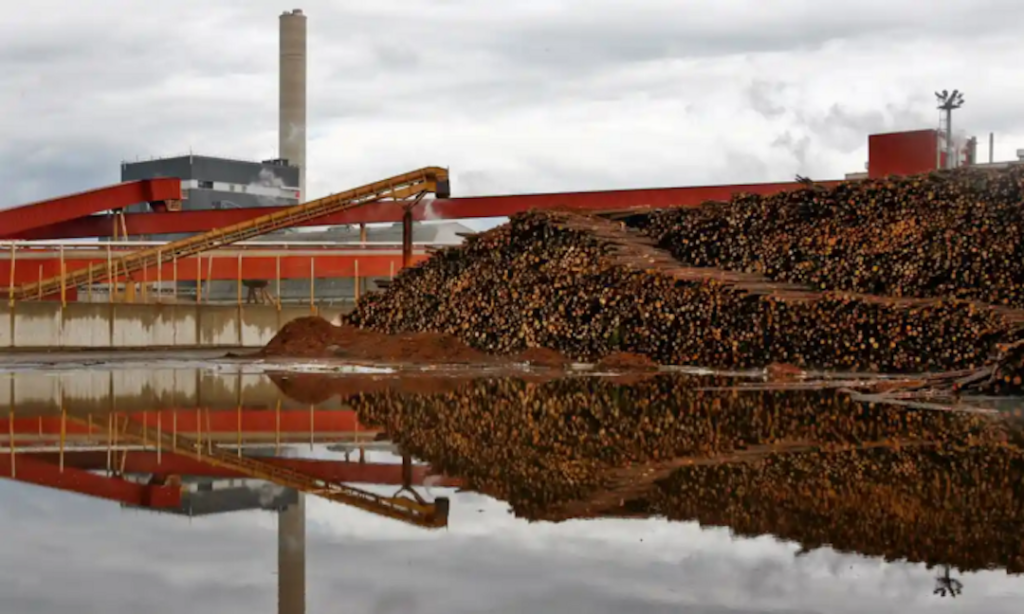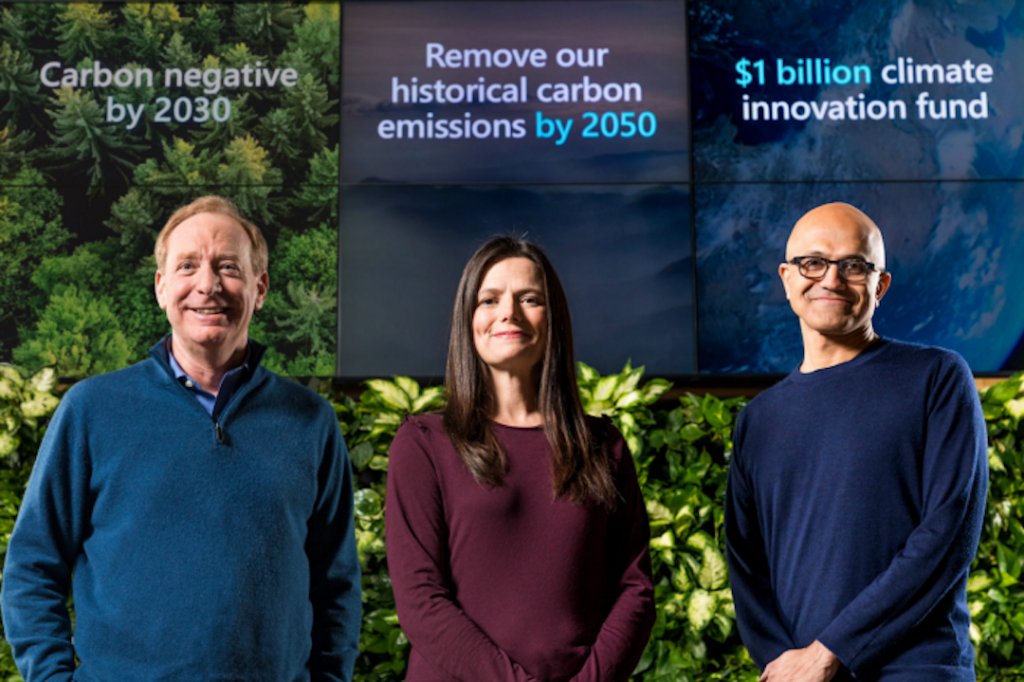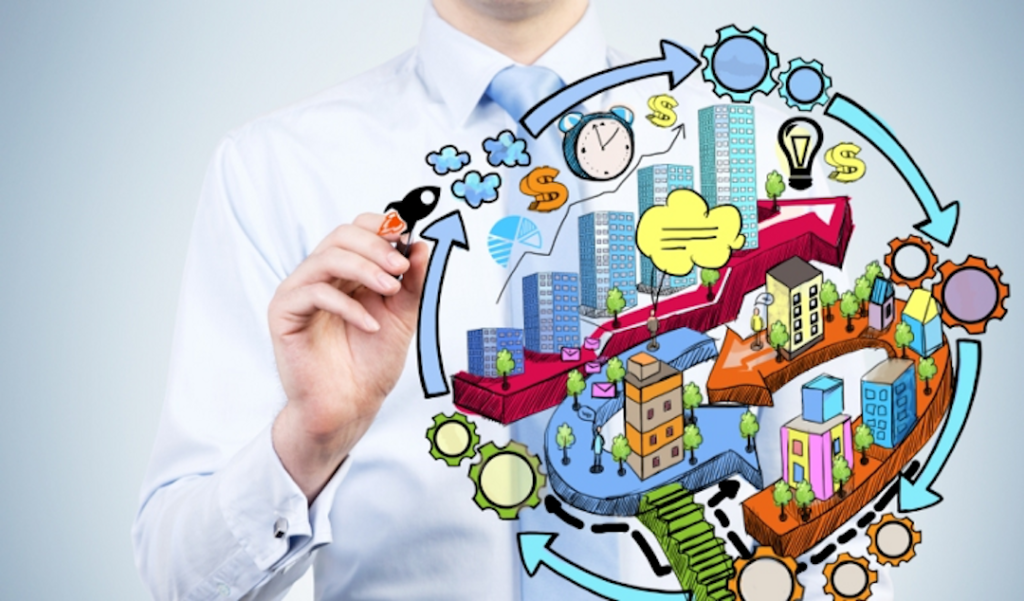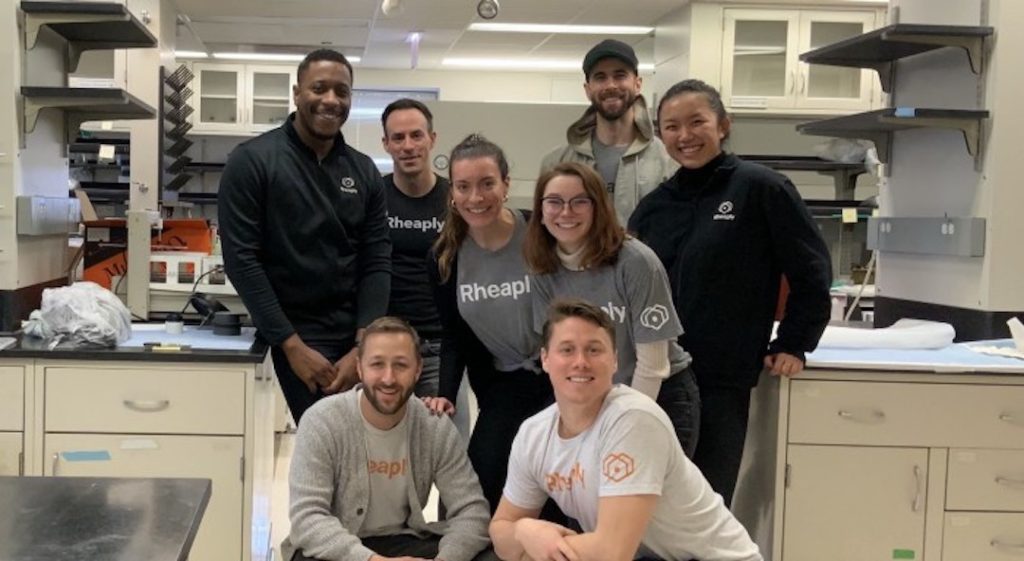Unprecedented global climate change must lead to a circular economy transition.
To start off the decade, around 17 million hectares of land (42 million acres) have burned in the Australian states of New South Wales and Victoria. These devastating fires have destroyed the homes and taken the lives of 1.25 billion animals, many of which are endemic to the continent. The massive-scale Australian fires follow the 2018 Californian fires, the 2019 fires in the Amazon basin, and the burning in the Congo basin in Central Africa.

These massive fires across the globe, in addition to ravaging the lives and homes of animals and humans alike, also fuel global climate change by releasing vast amounts of greenhouse gases, contributing to the hockey-stick of ever growing carbon emissions. According to the Global Carbon Project, the recent fires in southeastern Australia have released approximately 400 million tons of carbon into the atmosphere, further accelerating global climate change.
Transitioning to a global circular mindset
This transition of thinking is not something that can happen overnight. Like any major innovation, transitioning to a global circular mindset will have its early adopters and its holdouts. However, here’s some evidence to help get your thinking in the right direction.
Impact of climate change on the global economy
The impact of climate change goes beyond the natural environment. It has been estimated that the effects of climate change could cause global gross domestic product to plunge by 25 percent. A Jan 2020 report published by the Bank for International Settlements (BIS) points out that the rise in the frequency and intensity of extreme weather events across the global could trigger “non-linear and irreversible financial losses.” The report emphasizes that central banks will have to work out in the next decade the strategies to deal with the disruptive effects of climate change on the global economy.
Opportunity for innovative solutions
The future may seem bleak. But a massive opportunity exists here. We believe current global crises will lead to mobilization and the creation of resolutions and solutions.
In support of the UN Sustainable Development Goals (SDGs), numerous governments and corporations have announced ambitious goals of going carbon neutral or carbon negative in the coming years. Finland has announced plans to become carbon neutral by 2035, which will mean implementing drastic changes to its forestry and peat industries.

In addition, the EU announced plans to devote €1 trillion to turn the continent carbon neutral by 2050. To achieve this, the Sustainable Europe Investment Plan will seek support from the EU budget and public and private investors in order to finance green initiatives, such as those increasing the generation of renewable energy and the installation of electric vehicle charging stations.
Taking the lead in corporate sustainability
In January, Jetblue became the first major U.S. airline to announce Carbon Neutrality on all domestic flights beginning July 2020. To achieve this, Jetblue will buy carbon credits by investing in emissions reduction projects (in areas such as Forestry, Landfill Gas Capture, and Solar/Wind) that will offset the use of jet fuel. This announcement will potentially encourage other major airlines to implement more concrete carbon offset goals.
In the tech industry, Microsoft has gone one (big) step further by announcing that the company will be carbon negative by 2030. The company also plans to “remove by 2050 all the carbon the company has emitted either directly or by electrical consumption since it was founded in 1975.” It plans to do so through negative emission technologies such as afforestation and reforestation, soil carbon sequestration, bioenergy with carbon capture and storage (BECCs) and direct air capture (DAC).

In recognition that such ambitious goals cannot be solved by existing technology alone, Microsoft also announced that it will invest $1 billion over the next four years to support the development of new carbon reduction and removal technology.
Rheaply’s impact in scaling the circular economy
At Rheaply, we fully believe in the potential of new economic systems and innovative technology to address current dangerous climate change trends. In our effort to support the SDG of ensuring sustainable consumption and production patterns, and driving the global transition to the circular economy, Rheaply’s asset exchange technology helps client organizations cut down costs, save assets from ending up in landfill, and thereby reducing their contribution to global carbon emissions.

Creative solutions to scale the circular economy
As much as we are dedicated to our work, we know that our technology is not the sole solution that will solve all resource management and sustainability challenges. In this mindset, we are happy to see a growing number of startups with creative solutions to humanity’s climate change related issues, such as Genecis, which turns food waste into bioplastics; BioCellection (one of our fellow MIT Solvers), which transforms unrecyclable PE into virgin-quality building blocks for a circular economy; and a collection of companies such as Dendra Systems and Ecosia that are creating technology to accelerate the “restoration economy” by planting trees and restoring forests at scale, in support of carbon sequestration as one of the solutions to curbing climate change.

Promoting a global cultural mindset of reuse and circularity
This decade at Rheaply, as we expand the scope of our team, our clients, and our product and services, we are excited by our growth as a company and our immediate impact in scaling the circular economy. A new report released by the U.S. Chamber of Commerce highlights the economic benefits of circular business models. The report estimates that adopting a wide-scale circular business approach could save up to $5 billion and reduce carbon emissions by 120 million tons, in the Great Lakes Region alone. Imagine that impact on a global scale.
At Rheaply, not only do we hope that our technology will save our clients from duplicate purchases that generate unnecessary waste, it is our ultimate goal that our technology and services will promote a cultural mindset of reuse and circularity. We aim to turn the global cultural norm of waste into a mindset of the past.
With global events highlighting the acceleration of global climate change, now is the time for a circular world and economy. With exciting innovative solutions springing up all around us, Rheaply is driven to help every organization realize that much-needed circular reality.

Cheers,
The Rheaply Team
